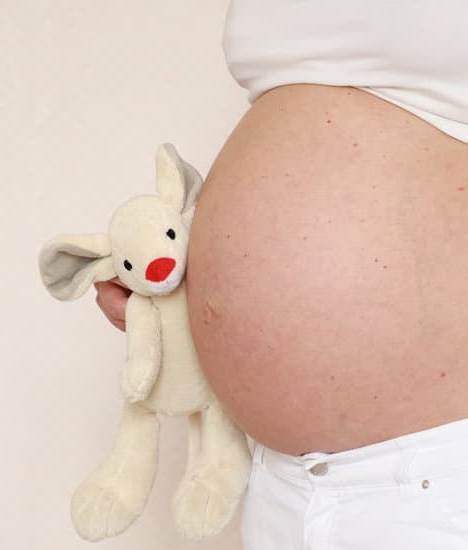Understanding Pregnancy Test Timing
When a couple are wanting to start, or add to their family, one of the most exciting steps is taking a pregnancy test to confirm that a pregnancy has occurred. But how soon can you take a pregnancy test and get accurate results? This can be a daunting process and difficult to navigate, so let’s explore the details.
When Can I Take a Pregnancy Test?
For the most accurate results, you should wait to take a pregnancy test until at least two weeks after conception. This is due to the fact that it takes up to two weeks after conception for hCG to become detectable in your urine. hCG is short for human chorionic gonadotropin, and it is a hormone produced during pregnancy. Home pregnancy tests will use a chemical to detect this hormone in your urine. Therefore, it is important to wait until enough hCG has been produced to get an accurate result; otherwise, the result might be a “false negative” – meaning the test says you are not pregnant, even though it is too early to accurately detect hCG. Remember, you can take our test anytime, but it might not be entirely accurate until it has been at least two weeks since conception.
Checking the Results of Your Pregnancy Test
When you receive the results of your pregnancy test, it is important to read and understand them. A positive result means that the test has detected hCG and you are likely pregnant. Conversely, a negative result means that the test has not detected hCG and you are probably not pregnant. Nevertheless, you should speak with your doctor or healthcare provider if you have any questions or if you receive a negative result and your period does not begin shortly after.
Testing Too Early
If you take our pregnancy test too early, there is a chance that it might detect hCG too soon. This can cause a “false positive” – meaning the test says you are pregnant, even though it is too early to accurately detect hCG. False positives can also occur if you are using an expired or otherwise faulty test. If you receive a positive result and it does not correlate with when your period is due, you should contact your doctor or healthcare provider to make an appointment.
Taking a pregnancy test is a momentous step in the process of growing a family and should be done with caution and accuracy. Following the directions and understanding the results of your test can provide a more fun, stress-free experience.

Welcome to my fertility blog. This is a space where I will be sharing my experiences as I navigate through the world of fertility treatments, as well as provide information and resources about fertility and pregnancy.





